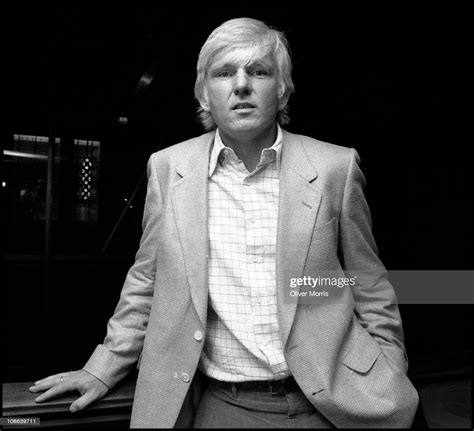A Quote by Stephen R. George
For the novels I wrote before selling anything, I didn't outline much. I had a vague idea of the story.
Related Quotes
My last point about getting started as a writer: do something first, good or bad, successful or not, and write it up before approaching an editor. The best introduction to an editor is your own written work, published or not. I traveled across Siberia on my own money before ever approaching an editor; I wrote my first book, Siberian Dawn, without knowing a single editor, with no idea of how to get it published. I had to risk my life on the Congo before selling my first magazine story. If the rebel spirit dwells within you, you won't wait for an invitation, you'll invade and take no hostages.
It was a roller-coaster process. For a long time I had no idea what I was doing. I wasn't writing with an outline. And, rare for me, I wrote scenes out of sequence. . . . I didn't understand the play when I wrote it. It was something I'd give in to. It happens to me periodically. I give over and write whatever comes to me and I don't know what it means and then I do. It's thrilling.
A lot of people think that they are really cool because they don't outline. In my writing group, they would say, "I will never outline. I let the characters take me." C'mon, man - I outline the story, but it's only like one page. It's a list of possible reversals in the story, like things where everything will just change because of this certain reveal or this certain action. Then I start really digging into the character because, to me, I don't care what the story is.


































